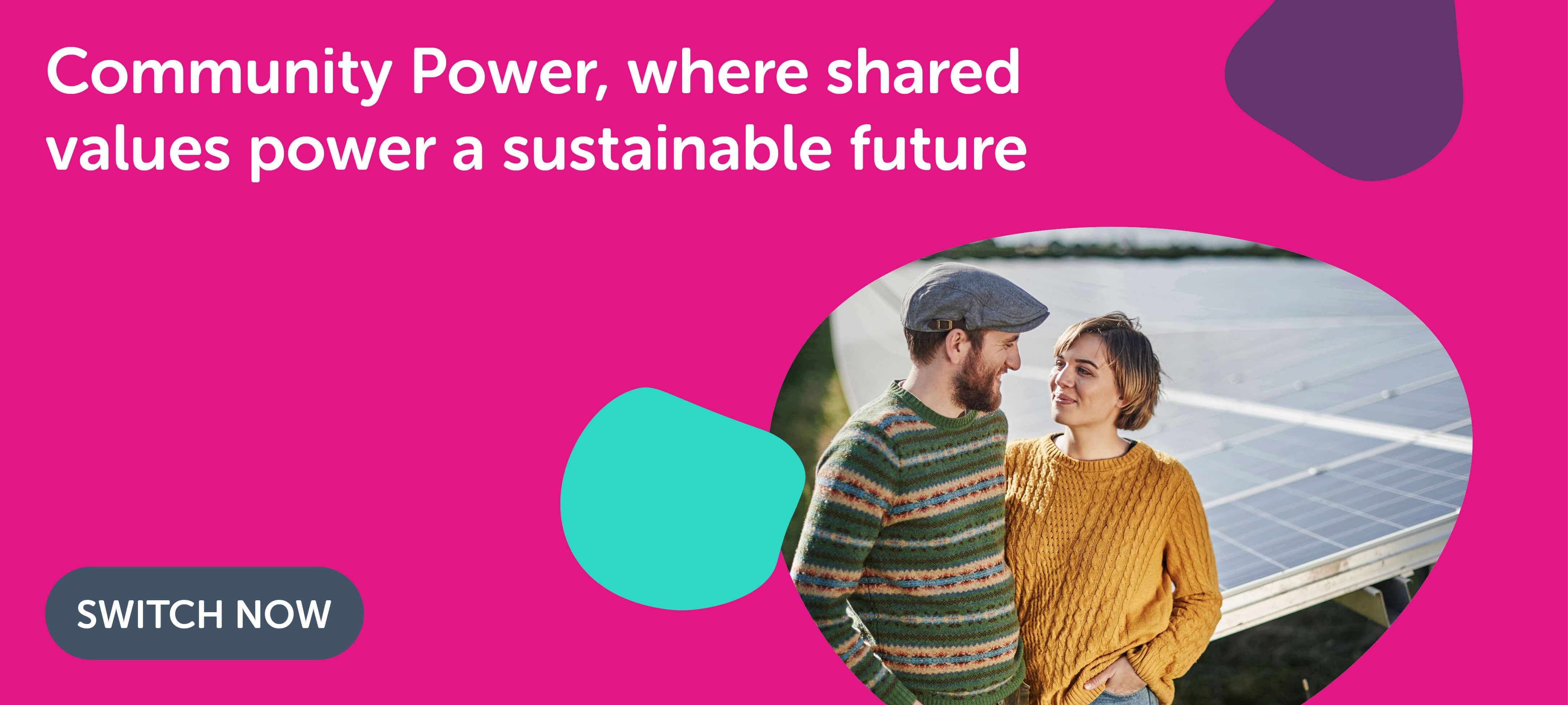Enterprise for the Common Good?
Published date: June 2017

A guest blog from David Alcock, Head of Social Business at ACS. Originally published on the 27/06/2017 at the Greenbelt website.
ACS will be at Greenbelt along with Coop Energy, The Phone Co-op and others, talking about a different way of doing business – enterprise for The Common Good!
So what is “Enterprise for the Common Good”?
It’s when a business seeks to operate fairly and justly, looking beyond the narrow interest of the business itself, and properly taking into account its wider impact on those affected by its activities.
It’s where those who control what a business does, and how it operates, see the business not as an end in itself, but as a means to something bigger.
It’s where a business seeks to provide people with meaningful work, and with access to goods and services on a fair and just basis, without oppression and without causing damage. Then when, if that business does well, fairly sharing the rewards.
I don’t know whether that sounds to you like hopeless idealism or music to your ears. But be clear about one thing: it certainly does not describe most businesses today, particularly big business. Nor does it fit the mental image that most people have of such businesses.
That popular image is more likely to reflect TV reality game shows, and Hollywood films; a brutally competitive environment that easily tolerates ruthless decision-making with scant regard for human cost, and business practices that push so hard against the boundaries of what is acceptable that they frequently stray into the unlawful, redefining “acceptable”.
Sadly, that image is not a caricature, if you look at the constant stream of corporate scandals: interest-rate fixing (banks), phone hacking (the media), emissions-defeating devices (motor manufacturing) and safety cutting (oil extraction). Whilst those may be the extreme examples, our own everyday experiences as consumers in, for example, energy, telecoms, air and rail travel remind us that these businesses are run for shareholders, not for us. Those trying to make ends meet as care workers, delivery drivers and taxi drivers would tell a similar story.
The assumption by many, probably most, people is that that’s the way it has to be: the pursuit of profit is the only realistic mechanism to drive business efficiency, and you can’t seriously believe that anything else would work. It’s tantamount to saying that business has to be driven by one of the least attractive features of being human, rather than anything more noble.
Fortunately, nearly two centuries of mutual and co-operative history and the growing army of social entrepreneurs today prove that this is simply wrong. Common sense tells us that people can choose to run their affairs in accordance with a set of shared values, rather than being driven by individual greed.
Nobody said it was easy trying to carry on business fairly and justly, but that is as much because not enough people know what is possible; because the established systems for business are not designed for it; and because powerful people have so much to lose. That is precisely why we all need to be advocates of enterprise for the common good.
Co-operatives are a prime example of this approach to trading. The key feature of a co-operative is that any customer or staff member can become an owner. Every member has one vote, and democratic governance ensures that the business sets out to deliver what members want and need. There is a mechanism for sharing surplus based on volume of trade rather than how big your stake is. With all these features, co-operatives are the archetype of businesses trying to trade fairly and challenge oppression. Through established values and principles, they are programmed to look beyond the immediate needs of the business, to education, care of the natural environment and wider co-operation between co-operatives.
The growth of community and social enterprises over the last two decades, in the UK and around the world, tells another story of people recognising the need to trade for a social purpose, not an economic one aimed at simply rewarding people who can afford to invest. Other values-driven businesses are seeking to change the way enterprise is perceived by challenging conventional business assumptions, publicly stating the basis for which they are seeking to trade, and thereby making themselves accountable for fulfilling a wider social purpose.
What all of these types of social business have in common is an understanding that trading for the common good comes at a cost: a cost that has to be accepted if the business is to survive, but a cost that becomes its strength, when others understand the reasoning.
Ultimately, enterprise is, and needs to be, about relationships not transactions. Individually we need to be willing to engage with business in a particular way as customers, workers and savers who accept the importance of the interests of others, as well as our own. If we are to take proper care of the environment, treat people fairly and respectfully and still provide good value for money, a cultural adjustment is needed not just by businesses, but in the way that each of us approaches business and every engagement we have with it.
The impact that trade has upon people and the planet is one of the biggest challenges we face today. If we are truly interested in the common good, working out how enterprise can operate for the common good is very high on the agenda.
We are fortunate to have a long tradition of social business in the UK, and many passionate people today who are dedicated to trading in a way that challenges both conventional investor-owned businesses, and the popular attitude to business. But in spite of their numbers, they remain marginal, and they will continue to be marginal unless their message is broadcast much more loudly and widely by those who share a vision for a fairer world.
Come to The Exchange at Greenbelt 2017 and hear from businesses on this journey; hear what they are doing; challenge them to improve; find out how you can engage. As well as the three organisations sponsoring the Exchange – Co-operative Energy, the Phone Co-op and Anthony Collins Solicitors – there will be a number of new and established co-operative and community enterprises whose stories will inspire you.
Please come and find out more. Join the debate.






Leave us your comment
You need to login to submit a comment. Please click here to log in or register.